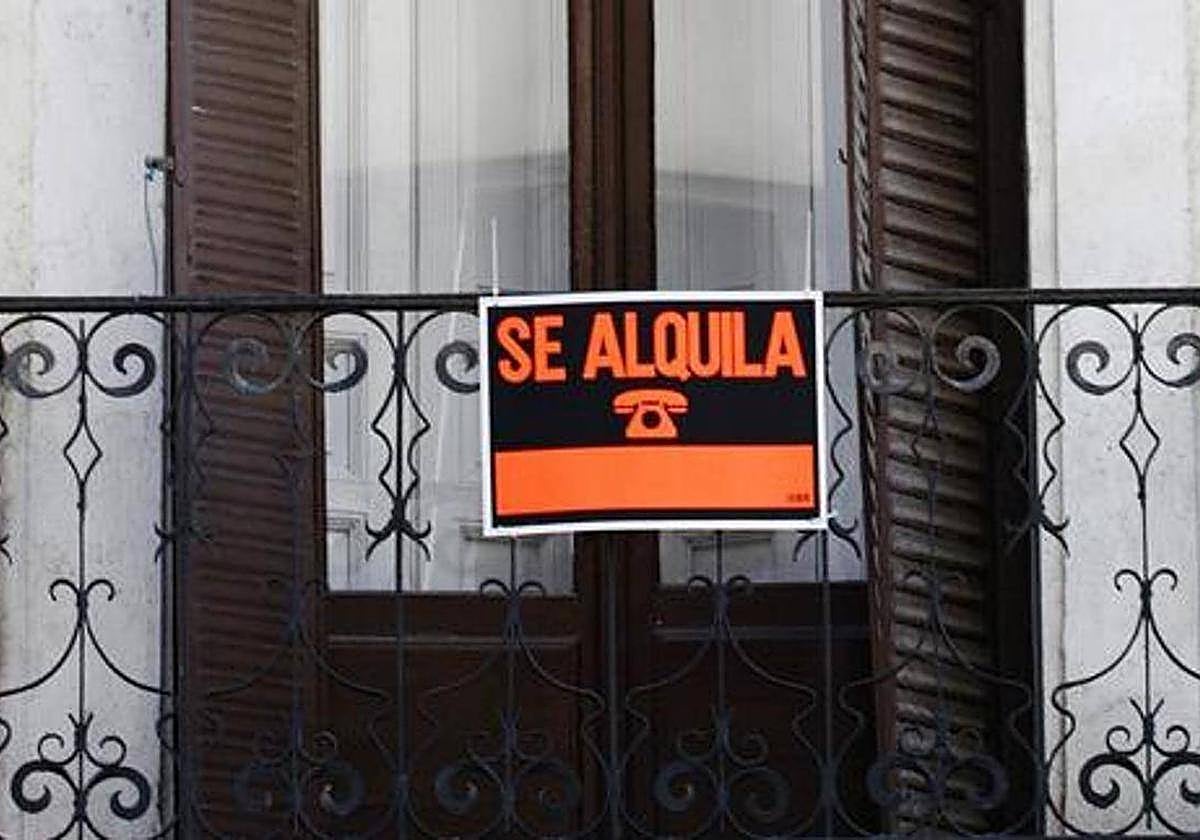Landlord fined 5,300 euros for installing a video surveillance camera in a house in Spain
The Spanish data protection agency agrees with the complainant, who considered that her privacy had been violated, as the installation captured the common areas of the shared accommodation and access to her bedroom, bathroom and kitchen
The Spanish data protection agency (AEPD) has handed a 5,300-euro fine to a landlord for placing a video surveillance camera in the corridor of a house which he rented out to several people. One of the tenants considered that this installation was a violation of her privacy, since, although it was placed in a common area, it captured images of the entrance to her bedroom, the bathroom and the kitchen.
In his defence, the landlord alleged that the complainant "from the first moment she moved in was fully aware of the existence of the camera and never expressed any disagreement until eight months later, just when she decided to leave because she was fired from her job".
The landlord went on to say, "At all times I was clear and transparent, I never tried to hide the camera, which is visible to everyone. The flatmates always agreed, as it is security for the belongings that they have in their rooms. Now I am being denounced for having a camera that everyone was aware of from the first day of its existence, but I am thankful that I am not being denounced for having their belongings, money, etc. stolen or, much worse, for some kind of sexual harassment or violence, otherwise I would perhaps even be in prison today."
He also stated that the camera worked with an app and that since he did not have "the premium version" installed, it only took images when they came through the door. "Imagine living with strangers and being robbed or harming my partner. I could provide statements from all the tenants who were in the flat with the complainant and who agreed to the camera. I repeat, if this person was unhappy with the camera, she should have told me and I would have returned her money without any problem, not complain after eight months when she was about to leave," he concluded.
Initially, the AEPD issued a resolution in which it considered the infringement of article six of the general data protection regulation (RGPD), referring to the lawfulness of data processing, to be accredited, as the landlord had a video surveillance camera that obtained images of the interior of the home "without justified cause", proposing a fine of 5,000 euros for the infringement of the aforementioned article.
Another fine of 300 euros was added for the infringement of article 13 of the aforementioned regulation, as the landlord did not have an information sign indicating that it was a video-surveillance area.
The AEPD referred to article 7, which refers to consent: "When the processing is based on the data subject's consent, the data controller must be able to demonstrate that the data subject consented to the processing of his or her personal data (...)". In this sense, the AEPD goes on to state: "The consent of the data subject is understood to be any expression of free, specific, informed and unequivocal consent of the data subject to accept the processing of personal data concerning him or her...". Therefore, it concluded in this case that "the respondent does not demonstrate that the complainant gave their consent to the data processing that was being carried out".
It also states that the presence of cameras inside the home implies an "affectation" of a space that ceases to be private to the owner and becomes the object of enjoyment of a third party, whose rights must be respected, both the right to privacy and the right to the protection of personal data. This body recalls that the right to privacy consists of guaranteeing the free development of one's individual private life, "without interference from third parties". In this sense, it states that the presence of interior cameras not only implies an "excessive control" of the comings and goings of the inhabitant and/or companions, but also a "processing of data that is not justified in the present case".
As well as the 5,300-euro fine, the landlord was told to remove any type of device for capturing images of the interior of the rental property, "accrediting this with a photograph with date and time (before and after the removal)".

